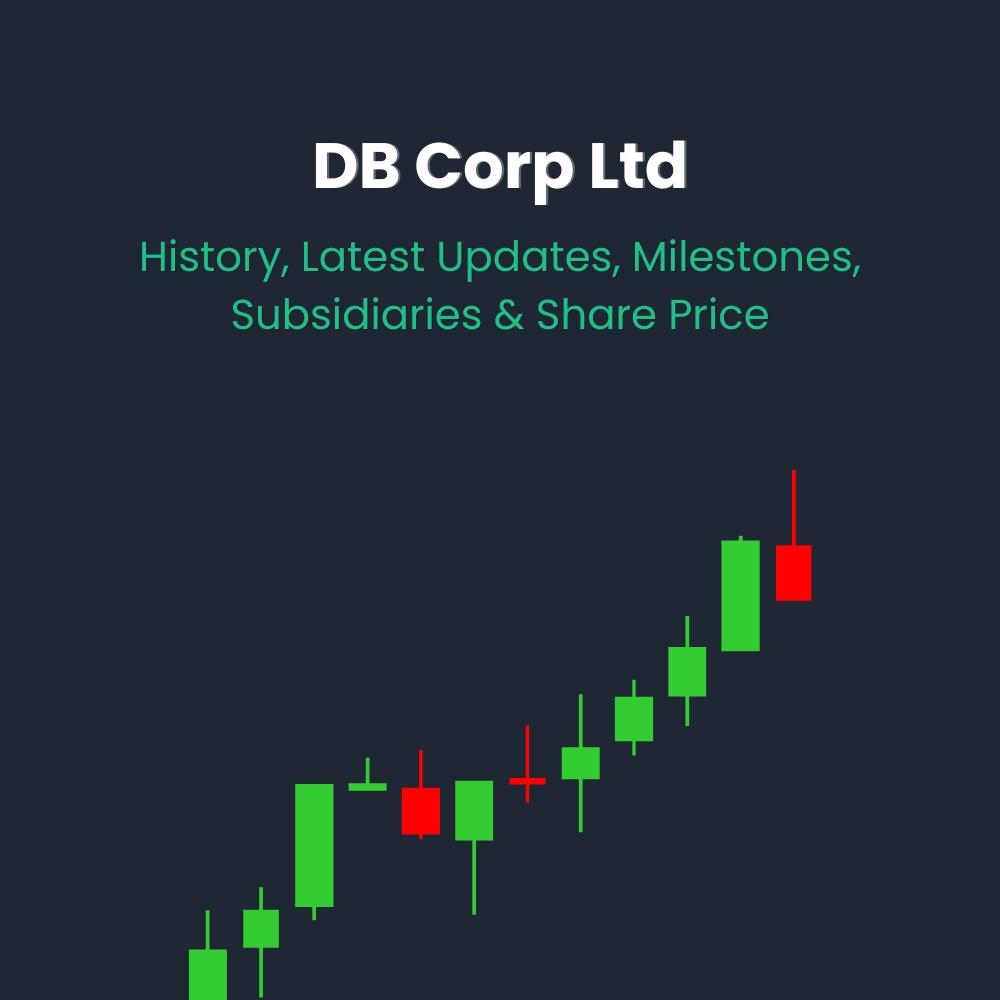The Advantages Of Option Selling : Why It Is Gaining Popularity

In any financial transaction, there are always two parties involved - a buyer and a seller. This also applies to derivatives, including options. Options trading, in particular, is considered risky, especially for options sellers, because their potential for losses is unlimited. Despite this inherent risk, there are reasons why individuals engage in selling options.
One common belief is that options are better suited to be sold rather than bought. It is often cited that around 80% of options expire worthless worldwide. This statistic implies that a significant majority of options sellers are profitable in their trades. However, it is crucial for options sellers to approach the market with a well-defined options selling strategy to mitigate the high level of risk associated with this practice.
Option selling, also known as writing options, is a trading strategy in the financial markets where an individual, referred to as the options seller or writer, creates and sells options contracts to other market participants, known as options buyers or holders. The option contracts can be either call options or put options, and they give the buyer the right, but not the obligation, to buy or sell an underlying asset at a predetermined price (known as the strike price) within a specified period (known as the expiration date).
When an individual sells an option, they receive a premium (the price of the option) from the buyer. In exchange for this premium, the seller takes on the obligation to potentially buy (in the case of a put option) or sell (in the case of a call option) the underlying asset at the specified strike price if the buyer chooses to exercise the option.
The concept of option selling involves two distinct strategies: selling call options and selling put options.
Selling Call Options:
Selling call options involves creating and selling call contracts. A call option gives the buyer the right to purchase the underlying asset at the strike price before or on the expiration date. As the seller of a call option, one is obligated to sell the underlying asset to the call option buyer at the strike price if the buyer decides to exercise the option.
The motivation behind selling call options is to generate income through the premium received from the buyer. The seller hopes that the underlying asset's price will remain below the strike price, allowing the call option to expire worthless, and they can keep the premium without having to sell the asset.
However, the risk in selling call options is that if the underlying asset's price rises significantly above the strike price, the call option buyer may exercise the option, and the seller will be required to sell the asset at a lower price, resulting in a loss.
Selling Put Options:
Selling put options involves creating and selling put contracts. The buyer of a put option is granted the option to sell the underlying asset at the strike price either before or on the expiration date. As the seller of a put option, one is obligated to buy the underlying asset from the put option buyer at the strike price if the buyer decides to exercise the option.
The objective of selling put options is to earn premium income. The seller hopes that the underlying asset's price will remain above the strike price, causing the put option to expire worthless, allowing them to keep the premium without having to buy the asset.
However, the risk in selling put options is that if the underlying asset's price falls significantly below the strike price, the put option buyer may exercise the option, and the seller will be required to buy the asset at a higher price, potentially resulting in a loss.
FACTORS TO CONSIDER WHILE SELLING OPTIONS
-
As an options seller, you adopt a contrarian perspective on the market, anticipating that the underlying security will end up at-the-money or out-of-the-money, causing the options contracts to expire worthless. For instance, if you believe the underlying price will not drop below a certain level, you will sell a put option. Conversely, if you expect the underlying to appreciate, you will sell a call option. It is essential to have a clear understanding of this approach before engaging in option selling.
-
However, selling options comes with the risk of unlimited losses. When selling a call option, there is a possibility of the underlying price rising infinitely, and when selling a put option, there is a theoretical chance of the underlying price dropping to zero or near zero. Consequently, options sellers bear a high level of risk.
-
Similar to other derivatives traders, options sellers must pay margins. Upon selling a call option, the seller is required to pay an initial margin, which is then adjusted based on the premium received.Additionally, MTM (Mark-to-Market) margins and other volatility-related margins may be required at times. These costs should be taken into account when selling options.
-
Given the multiple variables involved and the potential for unlimited losses, it is advisable to implement a stop loss while trading options. A stop-loss order is designed to limit losses, providing a safeguard against adverse market movements. Opting to sell options without implementing a stop loss is comparable to exposing oneself to unnecessary risks, akin to driving a car without a seat belt. Therefore, it is crucial to exercise prudence and risk management when engaging in option selling.
Nowadays, option selling is gaining more popularity than option buying due to its diverse range of advantages. Option writers have a higher probability of profiting compared to option buyers. They primarily rely on time decay and volatility in their trades, with market movement playing a secondary role. This approach offers several advantages over option buying, making it an appealing strategy for certain traders.
-
Statistically, a significant percentage of options expire worthless. As an options seller, you can capitalize on this probability and benefit from a higher likelihood of success compared to option buyers. This advantage arises from the fact that the majority of options do not get exercised, allowing the seller to keep the premium received from the buyer as profit.
-
Option selling provides a consistent source of income through premium receipts. By selling options, you can earn premiums upfront, regardless of whether the options expire worthless or are exercised by the buyer. This income generation can be particularly appealing for income-focused traders or those seeking to enhance overall portfolio returns.
-
When you sell options, you can profit in various market conditions. Whether the market is trending upward, sideways, or slightly downward, an options seller can still earn profits as long as the options remain out-of-the-money (OTM) and expire worthless.
-
As an options seller, you have the flexibility to tailor your strategies to suit your market outlook and risk appetite. By choosing different strike prices and expiration dates, you can design strategies that align with your expectations for the underlying asset's price movement.
-
Options have a limited lifespan, and their value erodes over time due to time decay (theta). As an options seller, you can benefit from time decay working in your favor, gradually reducing the value of the options you sold, provided the market remains relatively stable.
-
Selling options typically requires less capital compared to buying the underlying asset itself. When selling options, brokers often require margin deposits, which can be significantly lower than the capital needed to purchase the underlying asset outright. This can free up more capital for other trading opportunities.
But do remember that option selling is not free from risks. It has its own disadvantages too. Options sellers face the risk of unlimited potential losses, unlike option buyers who have a capped risk at the premium paid. Brokers often demand substantial margin deposits from options sellers to safeguard against potential losses, which can tie up a significant amount of capital. The inherent market risk cannot be overlooked, as sudden and unexpected movements in the underlying asset's price can result in substantial losses for options sellers. Despite the advantages of generating income through premium receipts and statistically favorable probabilities of profit, these drawbacks highlight the importance of careful risk management and the need for well-defined strategies when engaging in option selling.



